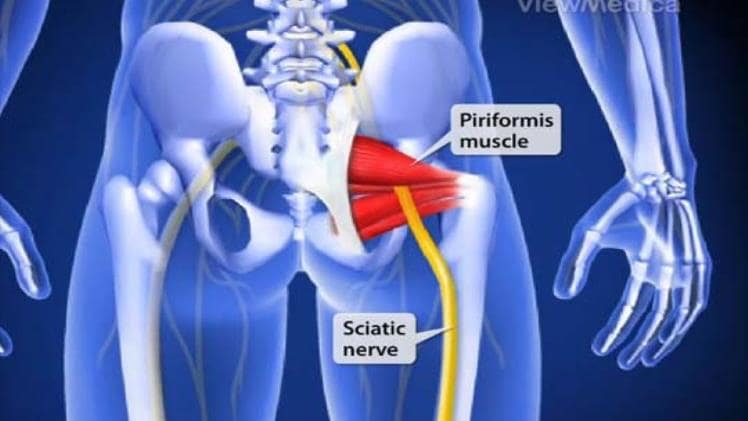Pain is an unpleasant feeling that affects a person’s physical, emotional, and psychological well-being. The buttock has the largest muscles in the body, which allow you to walk, move your hips, and maintain an upright posture. However, you might experience cramps in your buttock, limiting the performance of daily routines. After visiting the doctor, most likely, the diagnosis will indicate you are suffering from Newtown Piriformis Syndrome. This article will learn about this condition and the available treatments.
What is Newto@wn Piriformis Syndrome?
Among the many muscles making the buttocks, there is the piriformis muscle. If this muscle suffers spasms, it can lead to a stubborn pain in your buttocks. Additionally, a sciatic nerve originates from the lower back to the leg. If the nerve becomes irritated, it can also lead to pain, numbness, or tingling in the buttocks. Therefore, during evaluation, the doctor will have to establish if the condition exists because of irritated muscle or nerve.
Causes of the Syndrome
You will suffer from the condition if you have a history of trauma to the muscle. If you perform a repetitive and vigorous activity, you can strain the muscle. Besides, sitting for long can cause the condition.
Symptoms Associated With The Condition
If you have the following signs, you will have to seek medical help;
- Back and leg pain while ascending stairs
- Pain in the back of your thigh and calf
- Reduced range of motion in the hip
- Persistent pain resulting from long periods of sitting
What To Expect After Visiting The Doctor
The healthcare provider will review your symptoms and take down your medical history. The physician will then perform a physical examination of the muscles in the lower back. Consequently, the doctor will check for any swelling or tenderness in the area and come up with a diagnosis.
Treatment Options Available
After the doctor establishes you suffer from the syndrome, they can recommend home remedies such as avoiding sitting in a particular position that causes pain. Besides, you might receive advice that you take a rest from everyday activities. The doctor can request you place ice and heat to relieve the pain. The doctor can also recommend that you consult a physical therapist on the exercises that can reduce sciatic nerve compression.
The doctor will recommend anti-inflammatory medicines and muscle relaxers to help eliminate the contraction of the muscles causing you pain. You can also receive Botox® injections, which will result in paralysis of the muscles that are actively contracting, causing prolonged muscle spasms. Another treatment option involves acupuncture and chiropractic treatment which help relax the constricting muscles and improve blood circulation.
Further, the doctor can perform a radiofrequency ablation procedure on the affected parts. The doctor inserts a thin needle that transfers high-frequency energy into the surrounding nerves to destroy the nerve tissue; therefore, the pain will not reach the brain.
Pain in the buttocks can be disabling because you will not be able to stand, sit or even move your hips. Matthias Wienerholz, MD, and Suzanne Manzi, MD, practice at the Performance Pain and Sports Medicine, ensuring they combine conservative and current interventions to relieve pain. If you suffer from Newton Piriformis Syndrome, contact the clinic close to you and discuss the available treatment for your condition.

